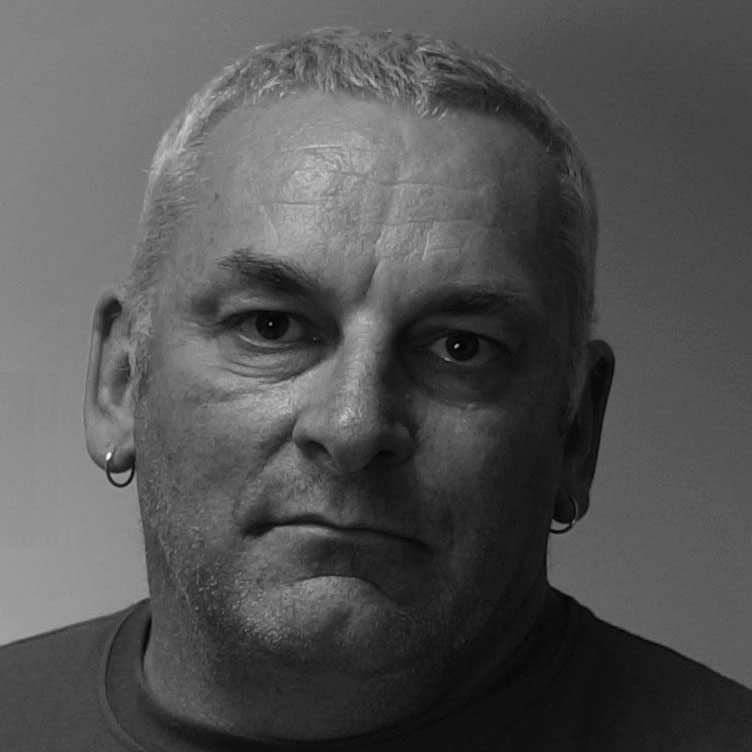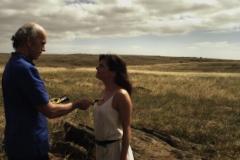
Year of the Tiger: Mid 21st Century: Independent Republic of South Australia. Global energy giant Double Happiness Uranium controls a puppet state on the back of uranium wealth. Oil is gone. This is the new Middle East. Climate change has ravaged the world. China is the world super-power, at war with Russia, an official rogue state as defined by the UN.
Our premise with Double Happiness Uranium, was to consider the moral implications of developing a weapon so perfect that it could identify selected human targets. A weapon so sophisticated, that it could identify molecular cell structure and attack the unprotected, but leave buildings, food supplies, water tables and military instalments undamaged?
Any organisation or state capable of developing such technology would have the world at its feet. Double Happiness Uranium is developing the perfect weapon, and supplying it to the Russians (clandestinely), whilst providing number one trading partner, China, with nuclear energy. While the war rages, stocks soar. In this dystopian science fiction tale, a psychological state of uncertainty exists where nothing is as it seams. Reuben Henschke, a brilliant nuclear physicist is languishing in the Waste Department measuring micro quantities of non-existent nuclear radiation, when Yiuri Savchenko, a dissident Russian psychotherapist is hired to re-program his mind. Behind the smoking mirrors, trails of deceit and false leads, Henschke has applied his considerable genius and sacrificed his sanity to design the perfect weapon. The trick for Savchenko is to bring him back from the personal tragedy of killing his wife and unborn baby in testing the weapon.
In making Double Happiness Uranium a major goal was to illustrate the dystopian environment where power is absolute, and the norms of those without power, cynicism and apathy, are hidden. The tone of the film rolls between over-illuminated happy hallucinations and dark sinister threats. Thematically it asks us to question morality while pondering a future where your virtual computer can send you off to reeducation with a smile?
If someone in the future asks you for money to save a panda, take care.
Director's Biography
Cole began his career as a research journalist and photographer for print and electronic media outlets before moving to documentary production as a producer/director. He has directed children's drama, experimental and moving image works and has collaborated extensively with production designer/landscape artist Robert Habel. Since 2003, Larsen has worked as a screen production lecturer at Flinders University, and his creative work is now focused on developing feature film projects with collaborative partners Tom Young and Matt Hawkins. He is greatly influenced by Scandinavian film style and narrative, and sees this as a natural parallel to his long time connection with Australian arid landscapes.





